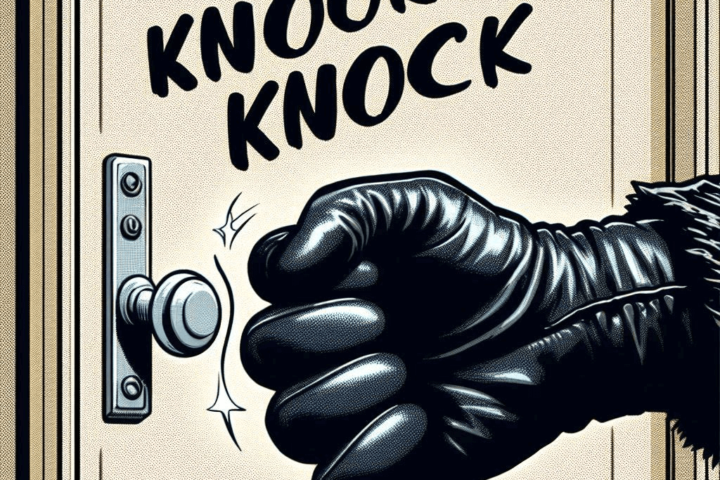Honest, knowledgeable proofreaders are essential for final editing. Not only do they help you find errors, they help you strengthen your work by showing you how it may be read and understood by your audience. Usually, though, you have to do the initial editing alone, sometimes even the final editing. Time may not allow you to seek feedback, or the nature of the document may not justify it. Here are five tips to help you edit your own writing objectively and confidently:
1. Try to misunderstand
That’s right: look for other ways your sentences could be reasonably interpreted. Could a pronoun refer to a noun other than the one you intended? Might the reader think your tone or a character’s tone is something other than what you had in mind? If so, how does that affect the meaning of the sentence and paragraph? Trying to misunderstand your writing helps you see it for what it is instead of what you want it to be.
2. Read something else first in your editing mode (something written by someone else)
I don’t know about you, but, when I’m writing, I turn my sentences over in my mind countless times. Reading something I didn’t write helps me clear my mind so that I don’t unconsciously correct typos or fill in missing words when I try to edit. It’s hard to edit a sentence objectively until you push away what you were thinking when you wrote it. Normally, we give the author the benefit of the doubt when we read and gloss over imperfections as long as we get the meaning. Forcing yourself to look at someone else’s work with your editing eye will prepare you to look at your own work objectively as well.
3. Go one word at a time
When I have to do a final edit on my own, I put my finger up to the screen and read one word at a time. This assures that I haven’t misplaced any words or punctuation marks. If your thoughts from writing the piece are still swirling around your mind, try changing the font, color, or size of the text. Since it looks different, your brain will look at it differently.
4. Read it out loud
This is a common proofreading tip because it works. Reading out loud changes how you read. It also engages your ears, helping you identify clunky words and wordy clauses. Sentences often sound better in your head than in reality.
5. Question yourself
Keep two or three questions in mind as you proofread your work. Here are some of the questions I use: “Could the information be arranged more intuitively?”, “Is any information unnecessary or distracting?”, “Are the words accurate and effective?” Choose questions that address your concerns and goals for the piece. For example, if you’re writing an important e-mail, your main question may be “Is my tone calm and professional?”
All these tips push you out of your normal reading rhythm so that you can look at your writing more objectively. If you’re having trouble writing in the first place, check out these posts: Writing with a Busy Schedule and Writing When Sleepy



